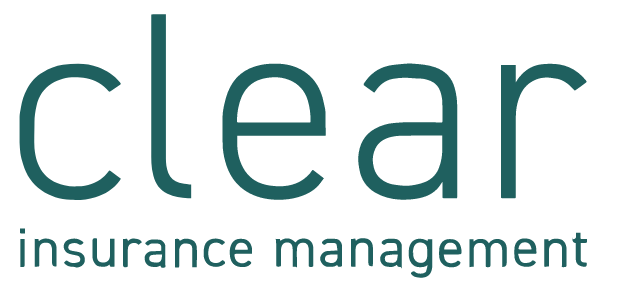Bullying and harassment: Two words that can evoke discomfort, particularly when allegations are made. Employers may be inclined to avoid dealing with these sensitive issues in the hopes that they will disappear but through experience we know they often only grow worse until we tackle them. Numerous tribunal cases highlight the legal implications of ignoring harassment and bullying, not to mention that we also have a moral duty to protect our people. To address these issues, we must first understand and recognise them, equipping ourselves with the confidence and tools to act consistently and fairly.
Understanding bullying and harassment
There’s no clear legal definition of bullying which always leads to diverse interpretations and if you looked solely at the Oxford Dictionary definition, you could be forgiven for thinking that bullying involves intentional harm, intimidation or coercion. Professional bodies and employment case law suggest however, that in the workplace, bullying includes unwanted behaviour that is offensive, intimidating, malicious or insulting, or an abuse or misuse of power that undermines, humiliates, or causes harm. Importantly, it places importance on the effect of the behaviour over the intention. Crucially, a single incident can constitute bullying.
Harassment, though similar to bullying, is unlawful and defined legally as unwanted behaviour related to a protected characteristic (such as age, sex, disability, etc.) that violates a person's dignity or creates an offensive or degrading environment for that person.
Bullying can occur in any direction: among peers, downward (managers to staff), and even upward (staff to senior managers). Examples of upward bullying include spreading rumours, undermining authority, and showing disrespect. Bullying can involve one individual or a group and can even be instigated by customers.
Prevention is better than the cure
Preventing bullying and harassment is beneficial for everyone. Policies and training are essential. Staff should know their rights and responsibilities, and line managers should receive additional support to handle situations confidently. To address these issues:
- Have a clear policy, this is already included as standard in employee handbooks for HR Support Clients
- Set a good example with senior managers to embed the right culture
- Maintain fair procedures, dealing with complaints promptly and informally if possible
- Set behaviour standards through statements or guidance
- Communicate policies and procedures to all staff.
Handle with care
Addressing complaints can be stressful, so aim to resolve issues informally, promptly, professionally, and discreetly. Listen sympathetically and agree on actions going forward to encourage future disclosures. Action could include having a quiet word with the person involved, making it clear that the behaviour is causing problems. If this doesn’t resolve the situation, it may be necessary to escalate to a formal grievance procedure. It’s important to note that complaints can come from witnesses or representatives, not just the affected individual. Allowing accompaniment in informal meetings may help ease discussions as well.
Law on harassment
While employees can be held personally liable for harassment, employers can also be liable to pay damages if they fail to prevent it.
In addition to the protected characteristics, the law also protects people from sexual harassment: where the unwanted behaviour is sexual in nature. October will see the introduction of the Worker Protection (Amendment of Equality Act 2010) Act, which introduces a new proactive duty whereby employers are required to take ‘reasonable steps’ to prevent sexual harassment. Tribunals will be able to uplift sexual harassment compensation by up to 25% where an employer breaches this duty.
Summary
Bullying and harassment involve unwanted behaviour that violates dignity or creates an offensive, humiliating or hostile environment, and can occur in single or repeated incidents, regardless of intention. Employers must take all reasonable steps to prevent and address these issues, setting good examples and maintaining clear policies. Failure to do so can lead to significant legal and financial consequences.
We’re here to help
Addressing bullying and harassment in the workplace can be daunting, but we can help you, whether it’s through our HR Support and Advice service, or by taking up some of the online and in-person training that we offer, such as leadership training or equality, diversity and inclusion training. If you have any queries, please don’t hesitate to get in touch on 01302 341344 or by emailing: hrsupport@thecleargroup.com.






